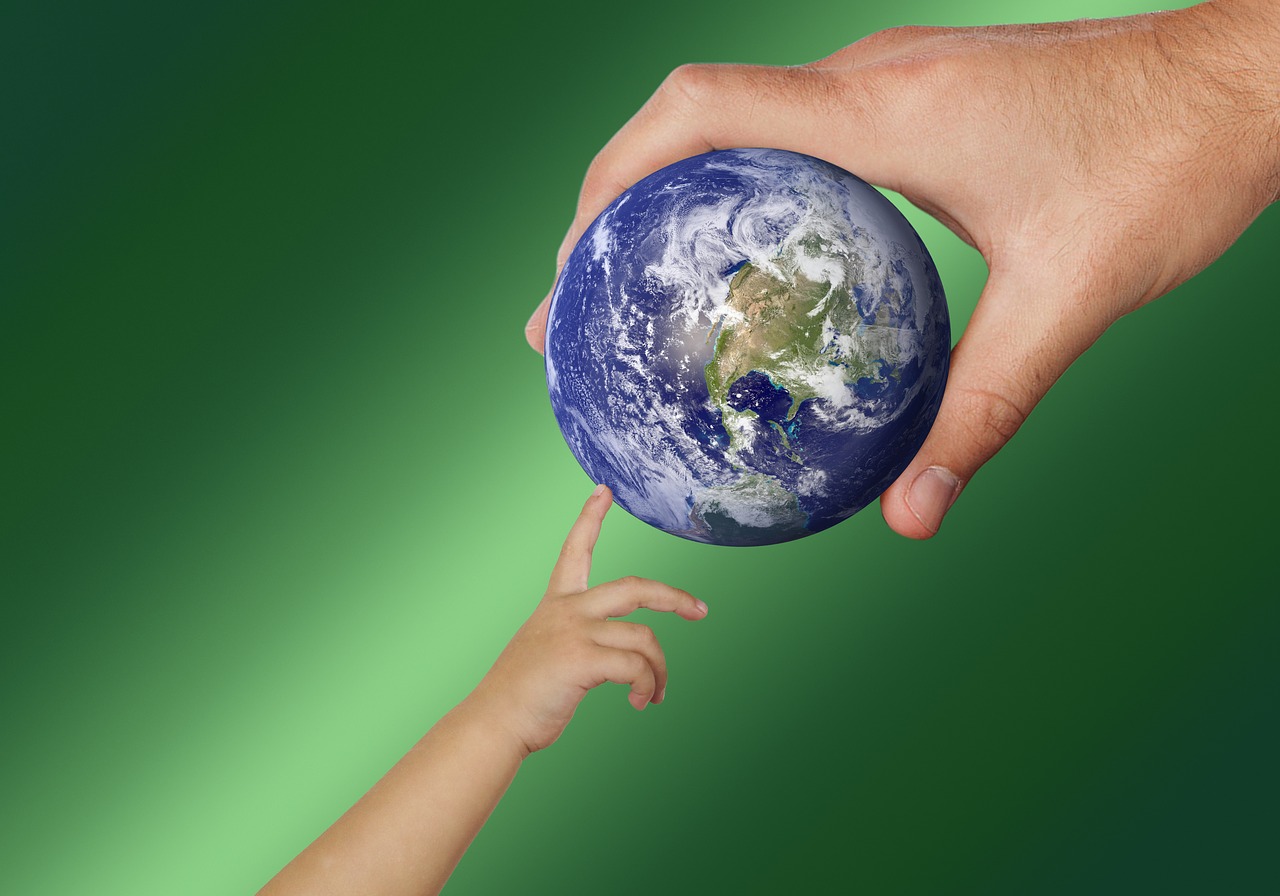Starting today, I will deliver 4 articles to summarize series of dialogue with a government official, featuring the tips for development of the Japanese medical and bio industry in the future.
Q: Although recent pharma and bio industry growth is being driven by so called “Emerging Biopharmaceutical Companies (EBP)”, world-class EBPs have yet grown in Japan. Is this understanding correct?
Ozaki: Yes, I think your understanding is correct. There is no globally recognized EBPs starting from Japan at this time. Company P, which has realized multiple alliances with major overseas companies, and Company S, which has acquired two British companies, are potential candidates for a global player. They have no late-stage international clinical programs to be recognized as a global company at this juncture, though. What is the qualification of being a global player? Whether to market their own products in the major markets; Europe or the United States should be its litmus test. To reach the goal, at least $500 million capital needs to be raised to develop pipeline products in US and Europe simultaneously. This level of funding is difficult to raise from Japanese investors, so Japanese EBPs have only an option to obtain a regulatory approval of a small indication only in Japan or to seek for a global license. Structurally, Japan’s EBPs can’t become a global player organically.
What is the success for Japanese EBP? Amgen, Biogen, Gilead, Genentech, Celgene, etc. are truly successful EBPs but they are exceptions by all mean. We should target a more realistic image of EBP. I think a smaller venture that sells in-house developed products for smaller indications such as orphan indications successfully in the United States will serve as a model for EBP originating in Japan. Companies such as AM, G, AG, P, etc., which I personally have been involved with, are creating a self-sustainable situation reflecting this small indication model. I believe those companies can be defined as a good example for Japanese EBPs.
本日より4回シリーズで某行政機関高官との個人的な対話をお届けします。今後の医療産業発展を考える上での一助となればと思います。
Q:昨今の医薬品開発はEmerging Biopharmaceutical Companies(EBP) がけん引していて、日本では世界に通用するEBPが育ってないように思うのですがその理解で良いでしょうか?
尾﨑:はい、ご理解の通りだと思います。世界的に認知されている日本発のEBPは現時点では存在しません。可能性があるのは海外主要企業と複数の提携を実現しているP社と、英国企業を二度買収したS社と思いますが、どちらも後期臨床プログラムが少なく、世界で通用しているとは現状言い難いと思います。また世界で通用するとは、欧米の主要国のどちらかで自社品を自社販売する状況が必要だと思いますが、そこにたどり着くまでに通常500億円近くの資金調達する事が求められます。この水準の資金調達は日本では難しいので、日本のEBPは日本で小さく販売するか、グローバルにライセンスするかの何れかの選択肢しかありません。構造的に日本のEBPが世界的にはなりえないと思います。
日本のEBPにとって何が成功か?そのイメージ作りが肝要と感じています。Amgen, Biogen, Gilead, Genentech, Celgene等は例外中の例外で、米国で自社開発品を上市しているもう少し小さなベンチャーが日本発EBPのお手本になると思います。私が関与した事があるAM社、G社、AG社、P社等は自社品を米国他で承認を取り自社販売している会社でSelf-sustainableな状況を作りつつあります。これらの会社がやはり日本のEBPのお手本ではないかと感じます。

